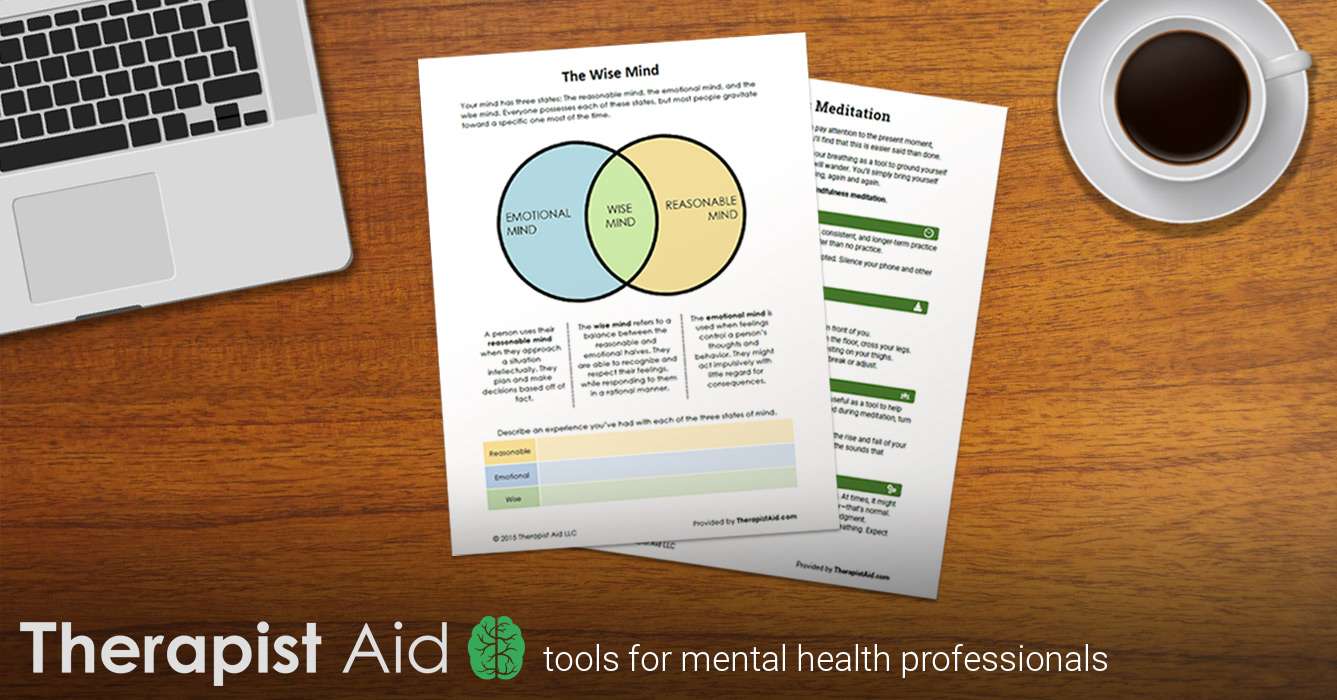Trauma and the Impact on Your Body
Trauma is an incredibly difficult and often life-altering experience that can take a toll on your body and mind. It can cause physical and emotional exhaustion, as well as long-term psychological repercussions. In this article, we’ll look at why trauma is so exhausting, the physical and emotional impact it can have, and the ways to manage the exhaustion.
What is Trauma?
Trauma is an emotional response to a deeply distressing or disturbing experience. It’s not always easy to recognize the signs of trauma, but some common ones include flashbacks, nightmares, avoidance behaviors, hypervigilance, and feeling detached from yourself or the world around you. Trauma can also be the result of a single event or a series of events that are particularly difficult to process.
Why is Trauma Exhausting?
The impact of trauma can be exhausting for many reasons. It can drain your energy levels, both mentally and physically. Your body may be in a constant state of fight-or-flight, ready to respond to any perceived danger or threat. This can leave you feeling drained and tired, as your body is constantly on alert.
The emotional toll of trauma can also be exhausting. You may be struggling to cope with the aftermath of a traumatic event, which can often feel overwhelming. You may also be struggling with intense emotions such as fear, guilt, shame, or anger. These emotions can take a toll on your mental and emotional energy, leaving you feeling drained and exhausted.
Physical Impact of Trauma
The physical impact of trauma can also be exhausting. Trauma can cause your body to go into a state of fight-or-flight, where your body is responding to perceived danger or threat. This can lead to physical symptoms such as increased heart rate, sweating, and increased respiration. This can leave you feeling drained and exhausted, as your body is in a constant state of alert.
In addition, trauma can also cause physical pain or discomfort. You may experience headaches, stomach aches, or muscle tension. This can also contribute to feeling exhausted, as your body is constantly in a state of tension.
Managing Trauma-Related Exhaustion
Managing trauma-related exhaustion can be challenging, but there are some steps you can take to help. These include:
- Getting Enough Sleep: Getting enough quality sleep can help to reduce stress and give your body the rest it needs to heal. Try to go to bed and wake up at the same time each day.
- Exercise: Exercise can help to reduce stress, increase endorphins, and release tension in the body. Start slowly and build up gradually.
- Mindful Breathing: Mindful breathing can help to reduce stress and tension in the body. Focus on your breath, and take deep, slow breaths.
- Counseling: Professional counseling can help you to process the trauma and learn coping strategies.
- Support System: Having a strong support system of family and friends can help you to feel less alone and more supported.
- Healthy Diet: Eating a healthy, balanced diet can help to restore energy levels and provide your body with the nutrients it needs to heal.
Trauma can be an incredibly exhausting experience, both physically and emotionally. It’s important to recognize the signs of trauma, and to know that it’s okay to ask for help. There are many steps you can take to manage trauma-related exhaustion, and it’s important to find what works for you. With the right support and self-care, you can begin to heal and find a way forward.




